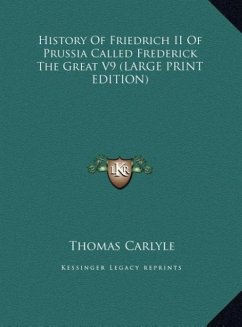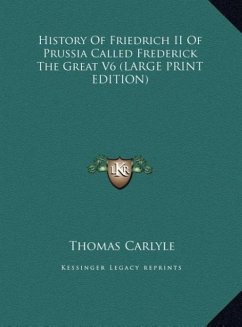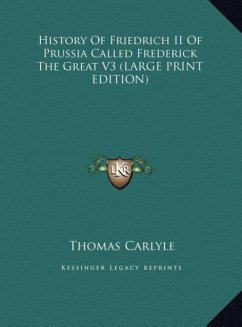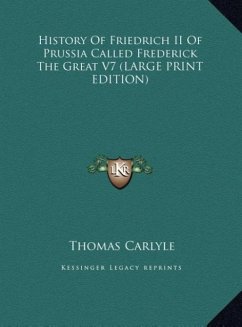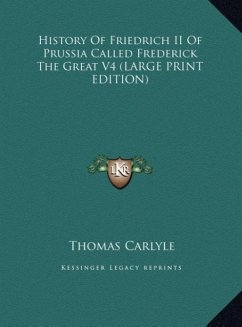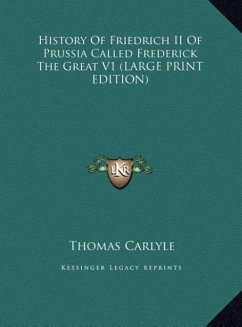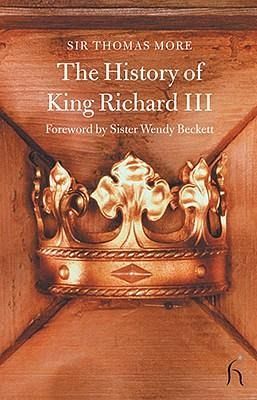
The History of King Richard III
Versandkostenfrei!
Versandfertig in über 4 Wochen
11,99 €
inkl. MwSt.

PAYBACK Punkte
6 °P sammeln!
Richard III's reputation stands as one of the most evil men in history--a manipulating and murderous man who would stop at nothing to become king. Much of what modern scholarship knows of him stems from Thomas More's critical biography, which itself proved the inspiration for Shakespeare's play.Focusing on the final years of Richard III's life, Sir Thomas More depicts a man captivated and corrupted by the thrill of power--a man who twisted God's laws to justify not only his ruthless ambitions, but his most heinous crime: the imprisonment and murder of his nephews, the true heirs to the throne....
Richard III's reputation stands as one of the most evil men in history--a manipulating and murderous man who would stop at nothing to become king. Much of what modern scholarship knows of him stems from Thomas More's critical biography, which itself proved the inspiration for Shakespeare's play.Focusing on the final years of Richard III's life, Sir Thomas More depicts a man captivated and corrupted by the thrill of power--a man who twisted God's laws to justify not only his ruthless ambitions, but his most heinous crime: the imprisonment and murder of his nephews, the true heirs to the throne. The History of King Richard III is a powerful portrayal of a monstrous ruler and a fascinating insight into the mind and motivations of its author. Scholar, politician, and one-time favorite of the Court of Henry VIII, Sir Thomas More is best known for his Utopia.






